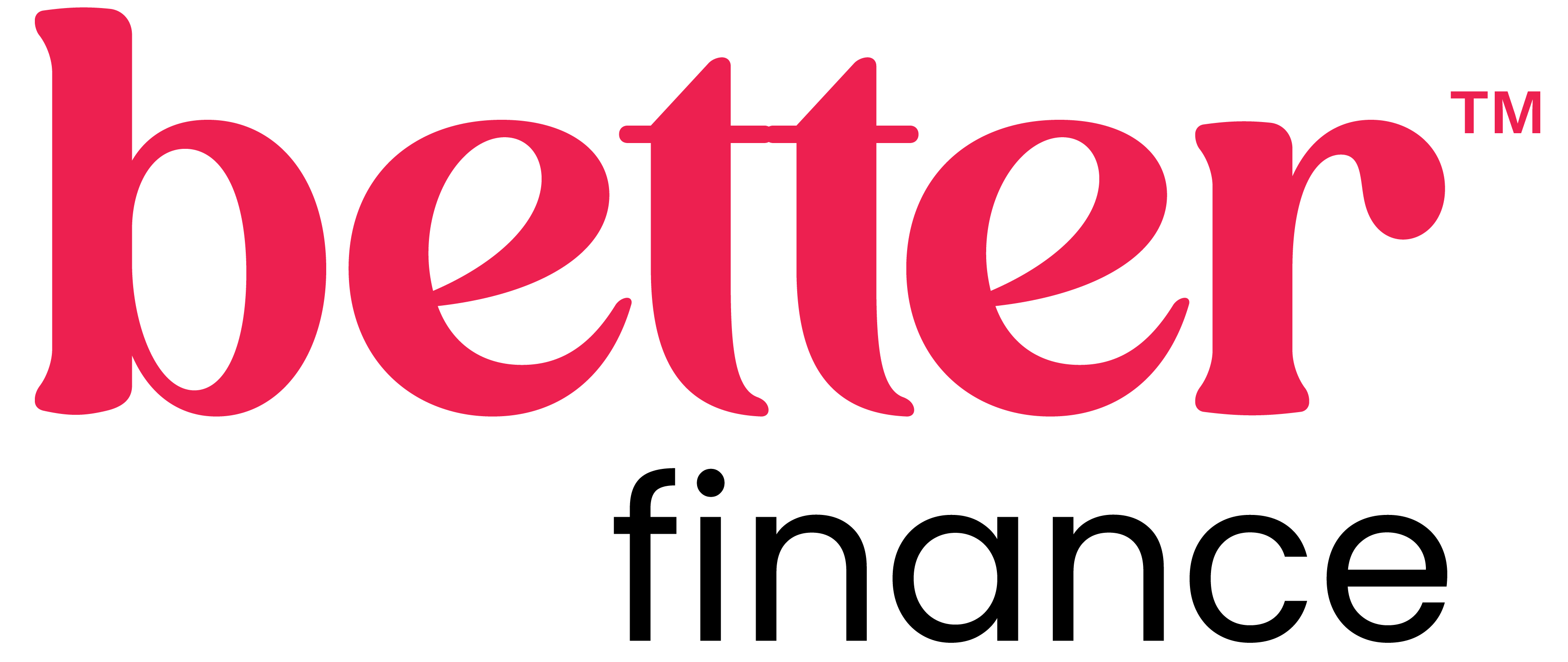.png)
-
Working towards a higher credit score may open up a wealth of opportunities, such as favourable loan terms and lower interest rates on credit and personal finance. Here's a handy guide with practical tips to help you enhance your credit score, step by step.
Understand your credit report
Begin by obtaining a copy of your credit report. You can check yours for free by creating an account with Clear Score which has some great tools to help you further understand your credit score - you are also entitled to one free credit report per year from each of the three main credit reporting agencies in NZ: Centrix, illion, or Equifax.
Credit scores generally range from 0 to 1,000, with a higher score reflecting better creditworthiness. Make sure to review the report thoroughly to identify any discrepancies or areas for improvement, and if there are any errors, you can ask the reporting agency to correct it.
Pay bills on time
Consistently paying your bills on time – including utility bills, credit card balances and loan installments – is a key way to build and maintain a healthy credit score, as it demonstrates responsible financial management. If you find that you often lose track of payments, it can be a good idea to set up direct debits or automatic payments with your bank, or use calendar reminders to help you stay on top of due dates.
Reduce your credit utilisation ratio
The credit utilisation ratio refers to the percentage of your available credit that you're using – a key factor proving responsible credit use. Keeping this ratio low – ideally below 30% – can positively impact your credit score and make you more appealing to potential lenders. Paying down your outstanding credit card balances is just one way to reduce your credit utilization. Other steps you can take include keeping credit card limits in check and spreading your spending across multiple credit cards.
Avoid excessive credit applications
Each time you apply for credit, it leaves a mark on your credit report. Too many applications in a short period can signal financial distress to lenders, potentially lowering your credit score. If you can, space out your credit applications and only apply for credit when necessary, ensuring a responsible approach to borrowing.
Build a credit history
It may sound counterintuitive, but if you rarely borrow money and have no credit history, lenders may be reluctant to approve you for loans as it’s difficult for them to assess your creditworthiness. To establish a positive credit history, consider opening a credit account and make all payments on time. Responsible credit management can help you secure loans and better financial opportunities in the future.
Keep old accounts open
If you have old credit accounts in good standing, keep them open even if you're not actively using them. The age of your credit accounts contributes to your credit history, which can have a positive effect on your credit score. Remember to check the terms and conditions to ensure there are no hidden fees or charges for inactive accounts.
Monitor your progress
Regularly review your credit report to track your progress and ensure that your actions are positively impacting your credit score. This will also help you identify areas where you may need to make further improvements.
And remember: be patient and persistent. Improving your credit score is a gradual process that requires consistency and discipline. While you may not see immediate results, keeping good financial habits can lead to positive changes over time.
Disclaimer: Please note that the content provided in this article is intended as an overview and as general information only. While care is taken to ensure accuracy and reliability, the information provided is subject to continuous change and may not reflect current developments or address your situation. Before making any decisions based on the information provided in this article, please use your discretion, and seek independent guidance.





